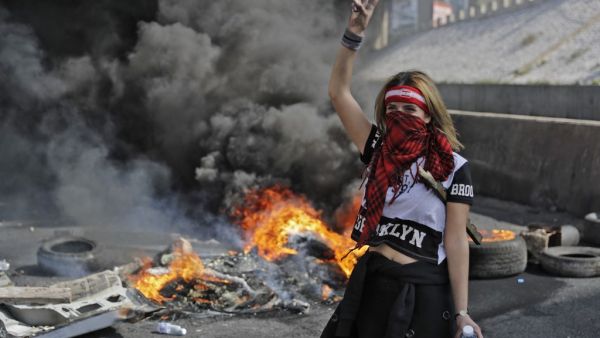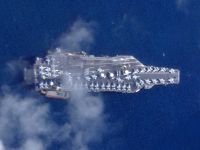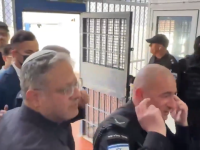Lebanese protesters have set up new roadblocks to vent anger over political inaction in the face of deepening poverty, but security forces managed to reopen some to traffic.
Demonstrators on Tuesday again cut off some roads in the northern city of Tripoli and the eastern Bekaa Valley region, the state-run National News Agency reported.
The Lebanese government - which formally resigned after a massive explosion in Beirut port last August that killed more than 200 people - has failed to agree on a new cabinet since.
Protesters in Lebanon threw garbage at politicians' homes to protest the 24-hour lockdown.
— AJ+ (@ajplus) January 29, 2021
Police shot and killed at least 1 man.
The economic crisis has pushed 50% of people into poverty and many are struggling to eat: "People are mixing water and starch to feed their babies." pic.twitter.com/rpeolY8ohW
In October, former Prime Minister Saad Hariri was named to form a new cabinet but five months later, disagreements between him and President Aoun on the shape of the cabinet have stood in the way of a new government’s formation.
Roadblocks have become a near daily occurrence in the small Mediterranean country and lasted all day Monday, including in and out of Beirut.
Highways leading to central Beirut were also closed, though most later re-opened. Others blinked open and closed throughout the morning.
Some protesters have called for a revival of the nationwide street movement of late 2019 that demanded the removal of Lebanon's entire political class, widely seen as incompetent and corrupt.
Over 50% living below poverty line
More than half of the population is living below the poverty line, and prices have soared as the Lebanese pound has lost more than 80 percent of its value.
With foreign currency reserves dwindling fast, the authorities have warned they will soon have to lift subsidies on fuel and mostly imported food.
President Michel Aoun has accused demonstrators blocking roads of "sabotage", but also called for authorities to prevent "the manipulation of food prices".
Despite growing anger on the streets, there have been no serious clashes between security forces and demonstrators in recent days, in contrast to previous rallies.
Analyst Karim Bitar said "revolution fatigue", a "lack of clear vision or leadership" and anxiety over coronavirus were some of the reasons behind Tuesday's smaller numbers, and on-and-off road blocks.
"People are far too busy with the daily struggle to survive. Issues of political change have become secondary," he told AFP.
At least 45 people injured in anti-lockdown protests in Lebanon’s Tripoli https://t.co/SOdkID7Srm pic.twitter.com/HAmCNLJ2SY
— Al Jazeera English (@AJEnglish) January 27, 2021
Lebanon's economic crisis has been aggravated by several lockdowns to stem the spread of the coronavirus.
On Monday, the government introduced some relaxations in the latest stay-at-home order, imposed after hospitals became overwhelmed following the winter holidays.
This article has been adapted from its original source.








